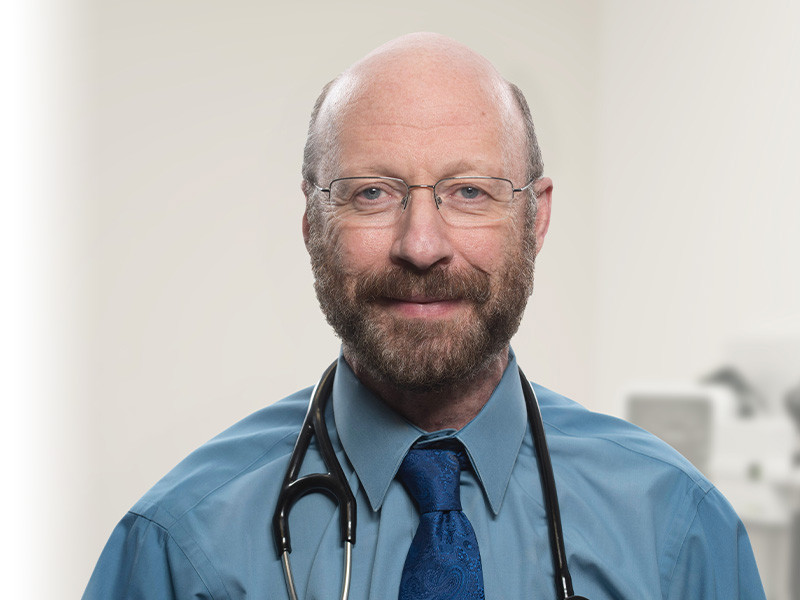Transitional and Lifelong Care - Care Team
Physiatrist
A physiatrist is a medical doctor who has extra training to be a specialist in physical medicine and rehabilitation. The Physiatrist’s role in the TLC includes:
- Initial patient consultation, including detailed history and physical exam; follow-up visits (timing based on need and availability of services)
- Determining need for medical intervention in one or more areas (spasticity management, bowel/bladder management, pain control, skin care, mood, bracing, etc.)
- Monitoring for medical complications of condition as needed
- Collaborating with patient’s other physicians and referring to other specialty physicians as needed
- Referrals to other TLC team members as appropriate
- Working in close collaboration with TLC Nurse Practitioner
- Developing and administering research programs related to long term outcomes in cerebral palsy, spina bifida and other conditions of childhood onset
Nurse Practitioner
Our Nurse Practitioner’s role in the outpatient TLC program includes:
- Collaborating with the patient/family and multi-disciplinary team on care plans for people with cerebral palsy, spina bifida, and intellectual disabilities
- Working in transition clinics from pediatric to adult care services
- Conducting follow-up clinics, consultations, and referrals to other specialties, as required
- Neurogenic bowel and bladder management
- Supporting wound management
- Intrathecal baclofen pump management
- Botulinum toxin injection clinics
- Providing overall primary health care, patient support, education, and research
Rehabilitation therapist
In the Transitional and Lifelong Care (TLC) Program, the Rehabilitation Therapist works one-on-one with patients to assess and determine their needs, collect relevant clinical information and create treatment plans in collaboration with patients, families and the multidisciplinary team.
The Rehabilitation Therapist helps patients become more independent, achieve vocational and/or educational goals, and carry out their home programming created with the Physiotherapist, Occupational Therapist, Speech Language Pathologist, and/or Social Worker.
The Rehabilitation Therapist also facilitates social reintegration and has a social group for patients to ensure community involvement and social activities remain a priority in patients’ lives, as it encourages patients to maintain and/or improve their general health and well-being.
Occupational therapist
The Occupational Therapist (OT) works one-on-one with patients in the TLC program to assess and develop treatment plans. She helps them with organization and scheduling to better plan and pace activities, and with developing memory strategies to help them successfully participate in activities at home, school, work, or in the community.
The OT is an ADP (Assistive Devices Program) authorizer and can assist with wheelchair seating.
Physiotherapist
The Physiotherapist in the TLC Program works with patients and their families to establish physical rehabilitation goals and develop protocols and strategies to achieve these goals. This may include stretching programs, balance and gait training, strength training, targeted therapy for pain management, etc. The Physiotherapist also works with the Specialty Seating Program at Parkwood Institute to help address the often complex seating needs of TLC patients.
Social Work
The Social Worker meets directly with patients for bio-psycho-social assessments and psychological support. She also connects with patients and their families, either by telephone, in-person visits, or email for the purpose of building rapport and planning for life transitions. The Social Worker also helps patients navigate the systems to obtain appropriate funding, and familiarize them with housing options available to them. As the program develops, the Social Worker will be facilitating established therapeutic groups for patients.
Registered dietician
The registered dietitian (RD) counsels and supports patients to make changes in their eating habits to promote health and help prevent chronic illness. This may include assistance with meal planning and strategies to accomplish specific goals.
The RD also supports patients who rely on enteral feeding techniques (G, GJ, or J tubes), to ensure optimal nutritional and hydration status.
Speech Language Pathologist
The Speech Language Pathologist is involved in a variety of activities to promote effective communication and swallowing.
These activities may include assessing communication disorders; planning and implementing treatment in language, speech, voice, cognitive-communication and/or swallowing disorders; and assisting with augmentative/alternative communication systems.
Program assistant
The program assistant for the TLC program is responsible for scheduling/registration for all outpatient visits for the program, payroll and ordering supplies.
